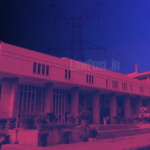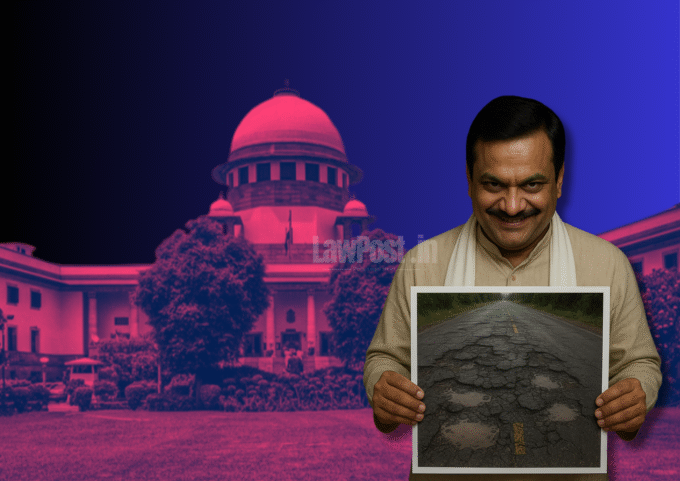In a significant ruling, the Supreme Court has cautioned against the mechanical application of Section 306 of the Indian Penal Code (IPC), which deals with the offence of abetment of suicide. Emphasizing the need for a sensitive and practical approach, the Court underscored that the provision should not be used merely to “assuage the immediate feelings of the distraught family of the deceased.”
A Bench comprising Justices Abhay S Oka and KV Viswanathan highlighted the importance of ensuring that investigating agencies and trial courts exercise great caution in such cases.
“The Section cannot be invoked only to assuage feelings of the distraught family, and it cannot be divorced from day-to-day realities of life. Investigation agencies should be sensitised about judgments on Section 306 so that accused are not harassed,” the Court stated.
The case under scrutiny involved an accused, Mahendra Awase, against whom charges were framed for abetment of suicide based on a suicide note left by the deceased. The note alleged that Awase had forced the deceased to repay a sum of money. The trial court had framed charges, and the High Court refused to discharge the accused, leading to an appeal in the Supreme Court.
After reviewing the evidence, including telephonic conversations between the accused and the deceased, the Supreme Court expressed its reservations about how the accused could have instigated the suicide.
“Hyperboles employed in exchanges should not, without anything more, be glorified as an instigation to commit suicide. The conduct of the accused and the deceased, as well as their interactions and conversations preceding the unfortunate death, should be approached from a practical point of view,” the Court remarked.
The Bench clarified the legal threshold required to bring a case under Section 306 IPC.
“In order to bring a case within the purview of Section 306 IPC, there must be a case of suicide, and in the commission of the said offence, the person who is said to have abetted the commission of suicide must have played an active role by an act of instigation or by doing certain acts to facilitate the commission of suicide,” the Bench explained.
It further emphasized that the act of abetment must be “proved and established by the prosecution before [the accused] could be convicted under Section 306 IPC.”
Calling for greater accountability, the Court urged investigating agencies to be sensitised to legal precedents to avoid untenable prosecutions. It also stressed that trial courts should not adopt a “play it safe” approach by mechanically framing charges without carefully examining whether the essential ingredients of the offence have been met.
Case: Mahendra Awase vs State of MP – Available on LAWFYI.IO








